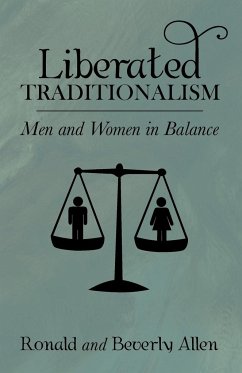Living Biblically de-situates biblical wisdom from its formally religious-theological underpinnings and offers it as a guide for fulfilled, happy living. Although over 95 percent of Americans have some sense of a meaning-providing transcendent power, 75 percent of clinical psychologists and psychiatrists lack such belief. Without intelligent, applicable access to biblical wisdom, many unwittingly live out the tragic patterns emerging from classical Greece underlying much of modern life and psychotherapy. People are stuck, even trapped, without hope of redemptive change. They spin their wheels, cycling back and forth. Biblical narratives, in contrast, portray people as growing, developing, and overcoming problematic life situations. This book presents a systematic yet readable delineation of how biblical wisdom can apply to ten issues of daily life: 1) Relating to the Environment, 2) Relating to Another as Yourself, 3) Relating to Authority, 4) Relating to the Opposite Sex, 5) Relating to a Son, 6) Relating to a Daughter, 7) Relating to Siblings, 8) Relating Body to Soul, 9) Relating to a Self-Destructive Person, and 10) Relating to Misfortune. In each chapter, a specific psychological issue is discussed, applicable Greek and biblical narratives are compared, and contemporary illustrations are provided, enabling the reader to live in a more fulfilling and happy manner.








